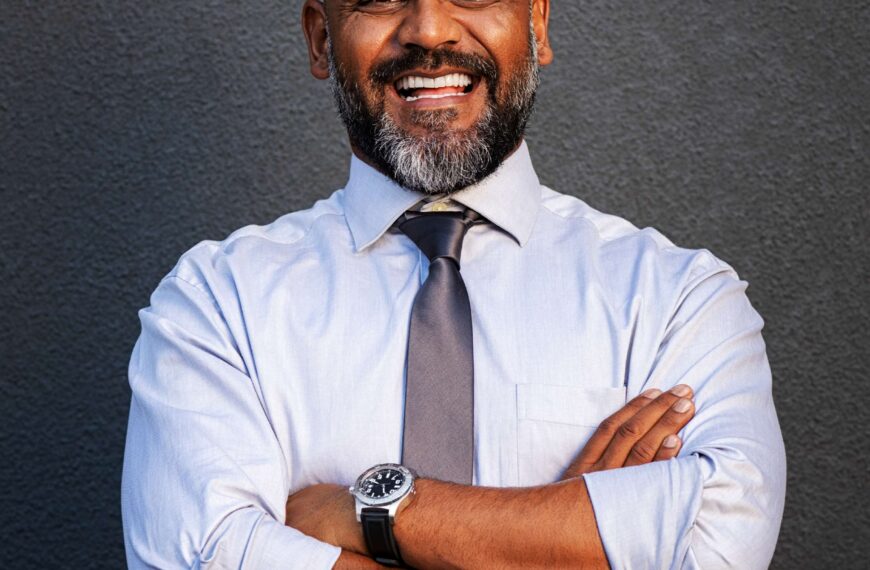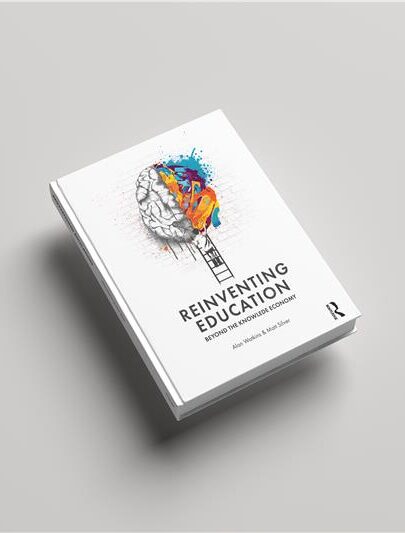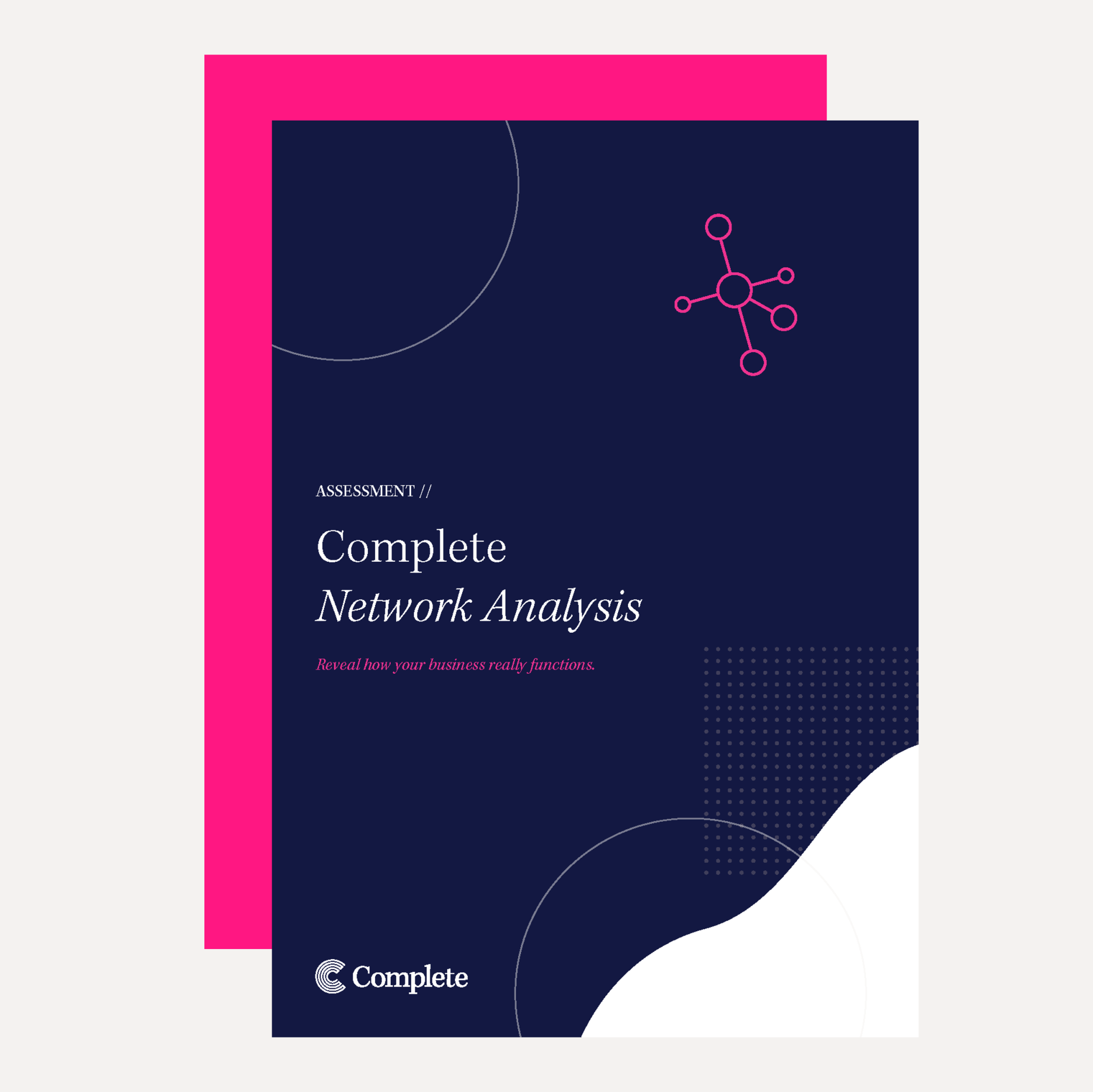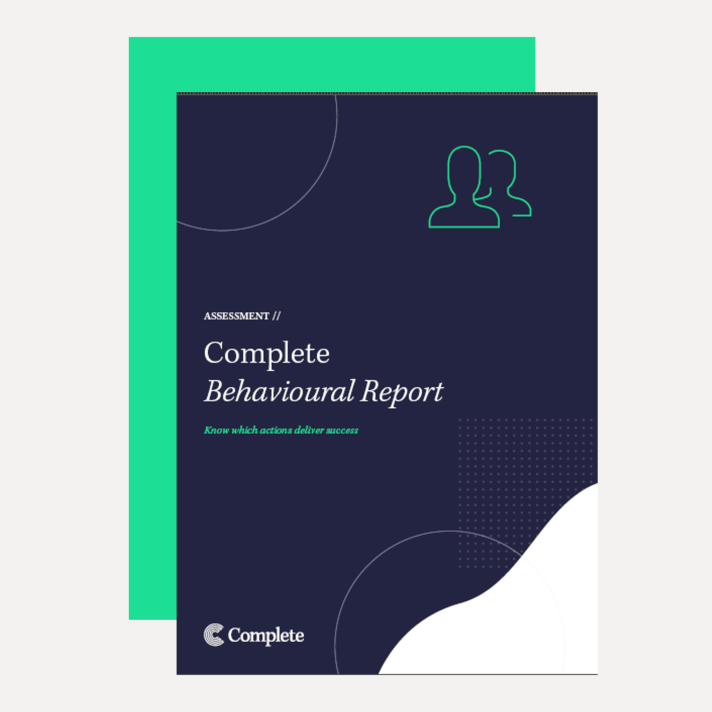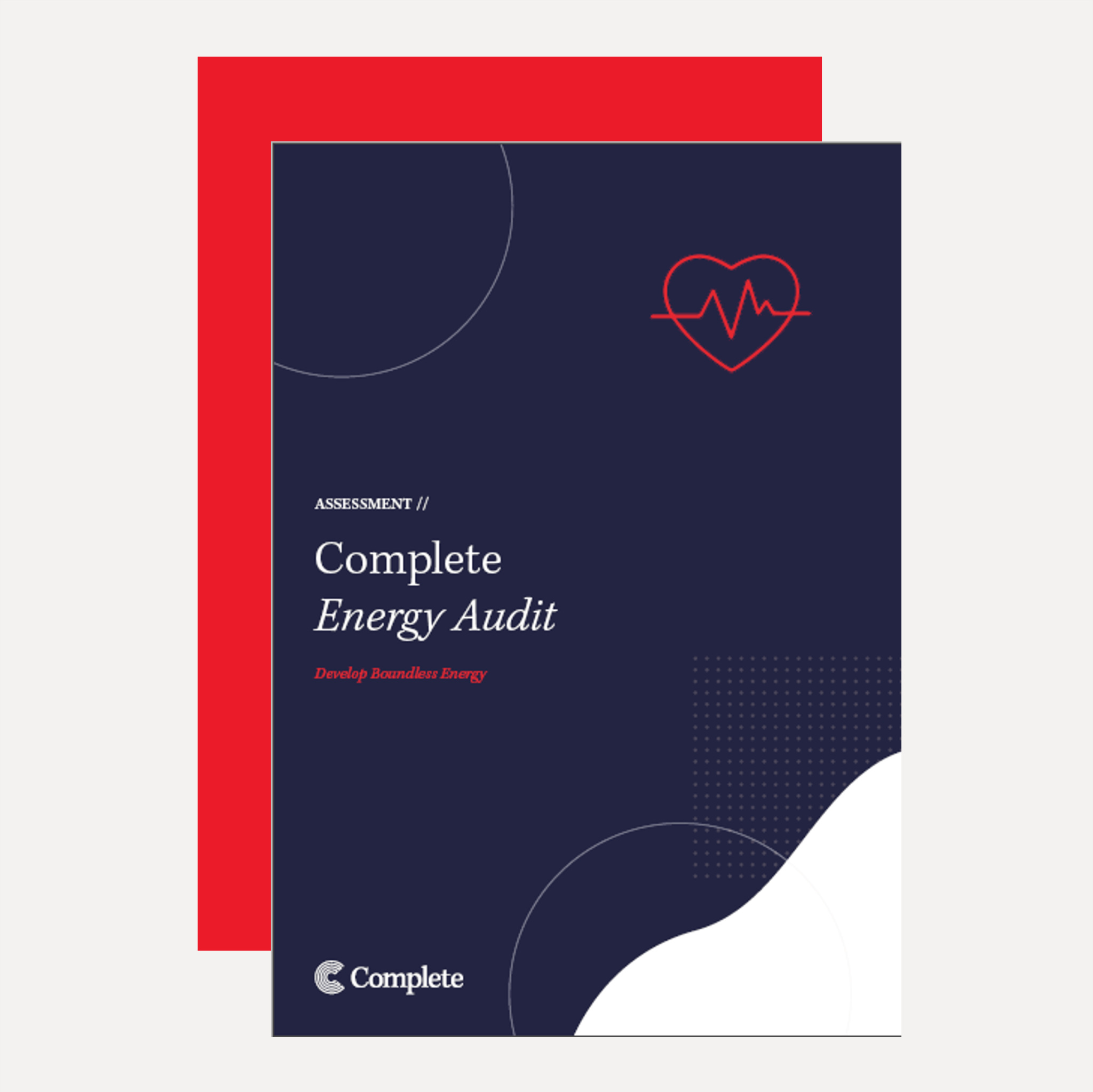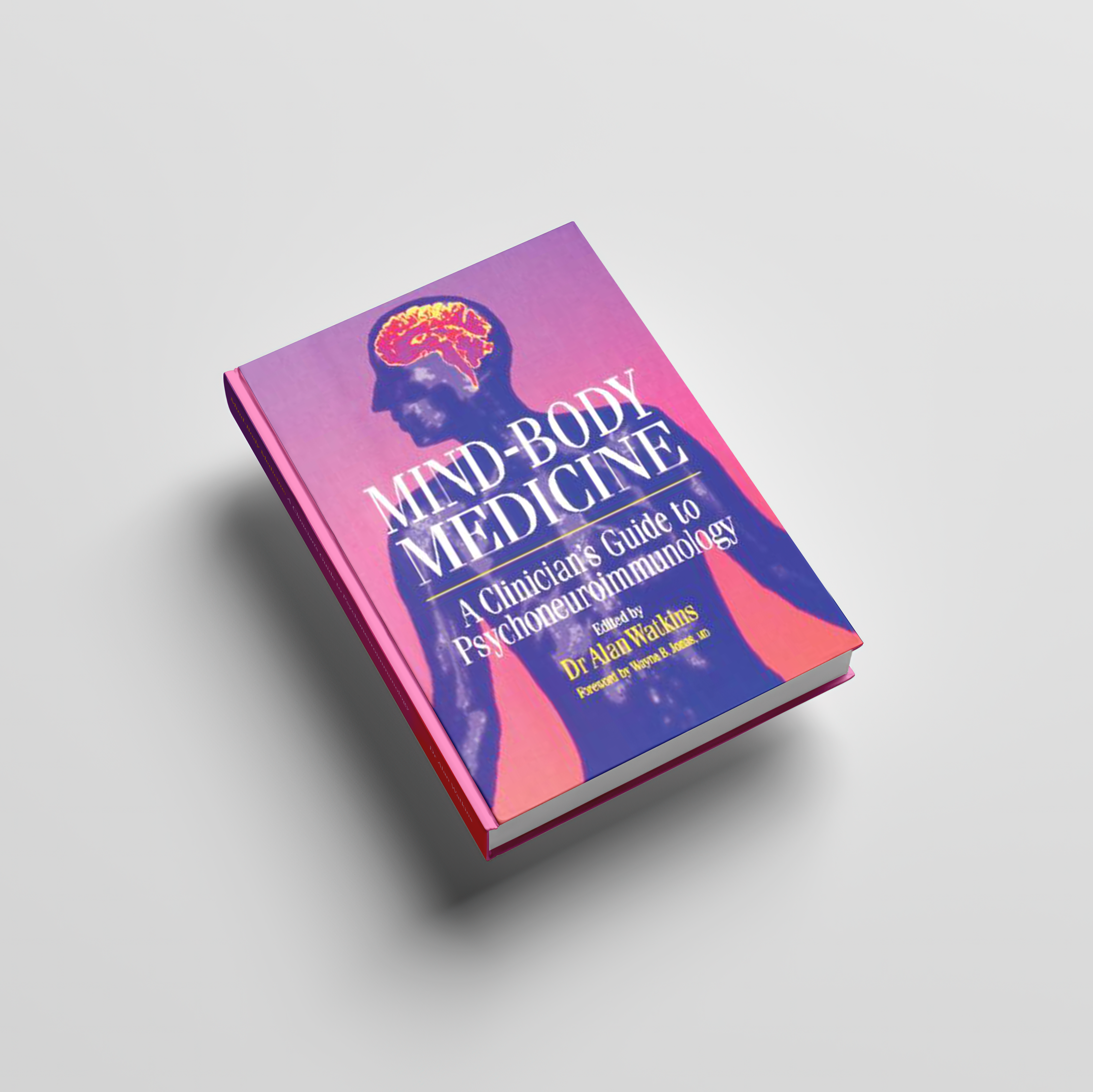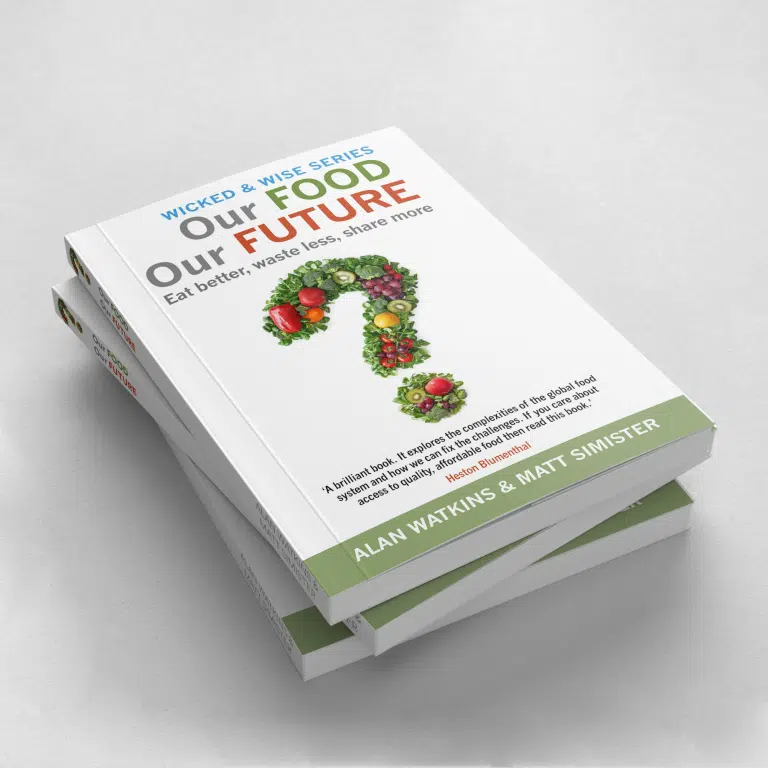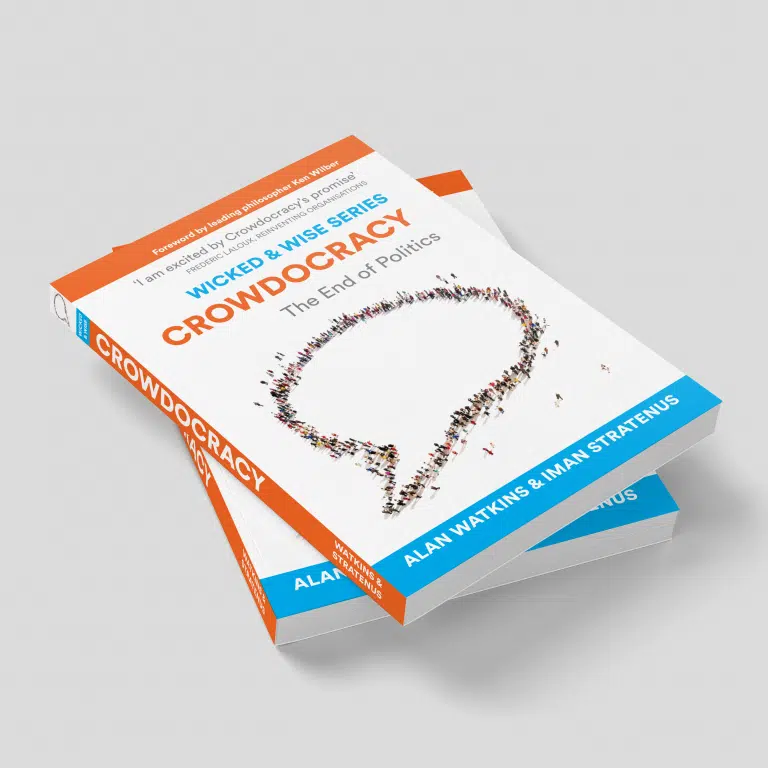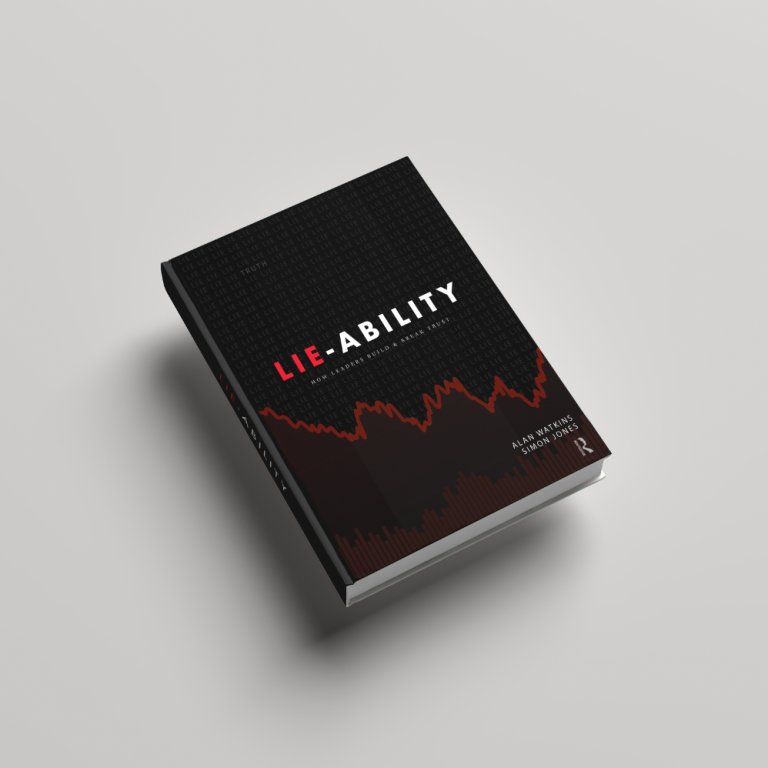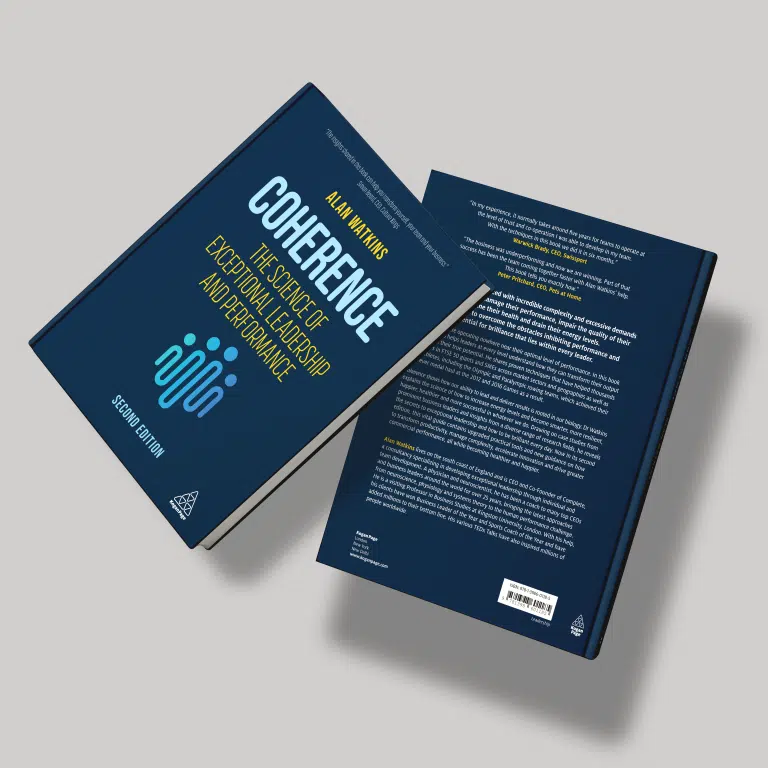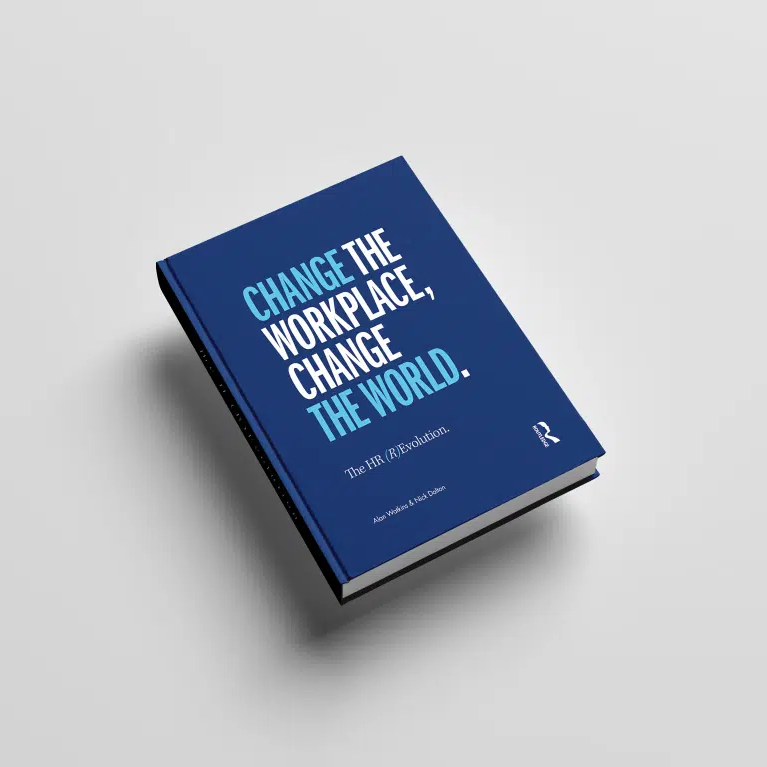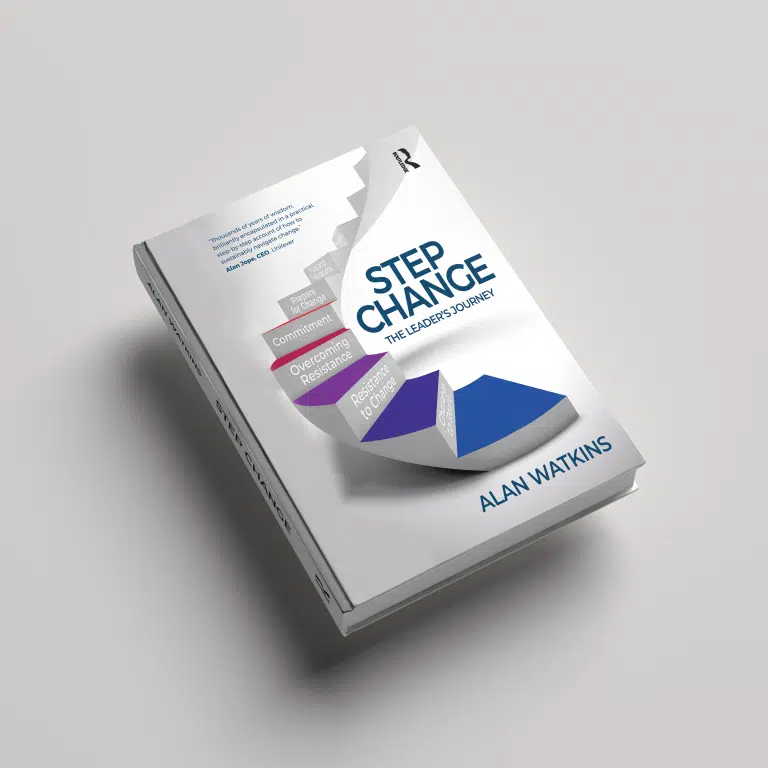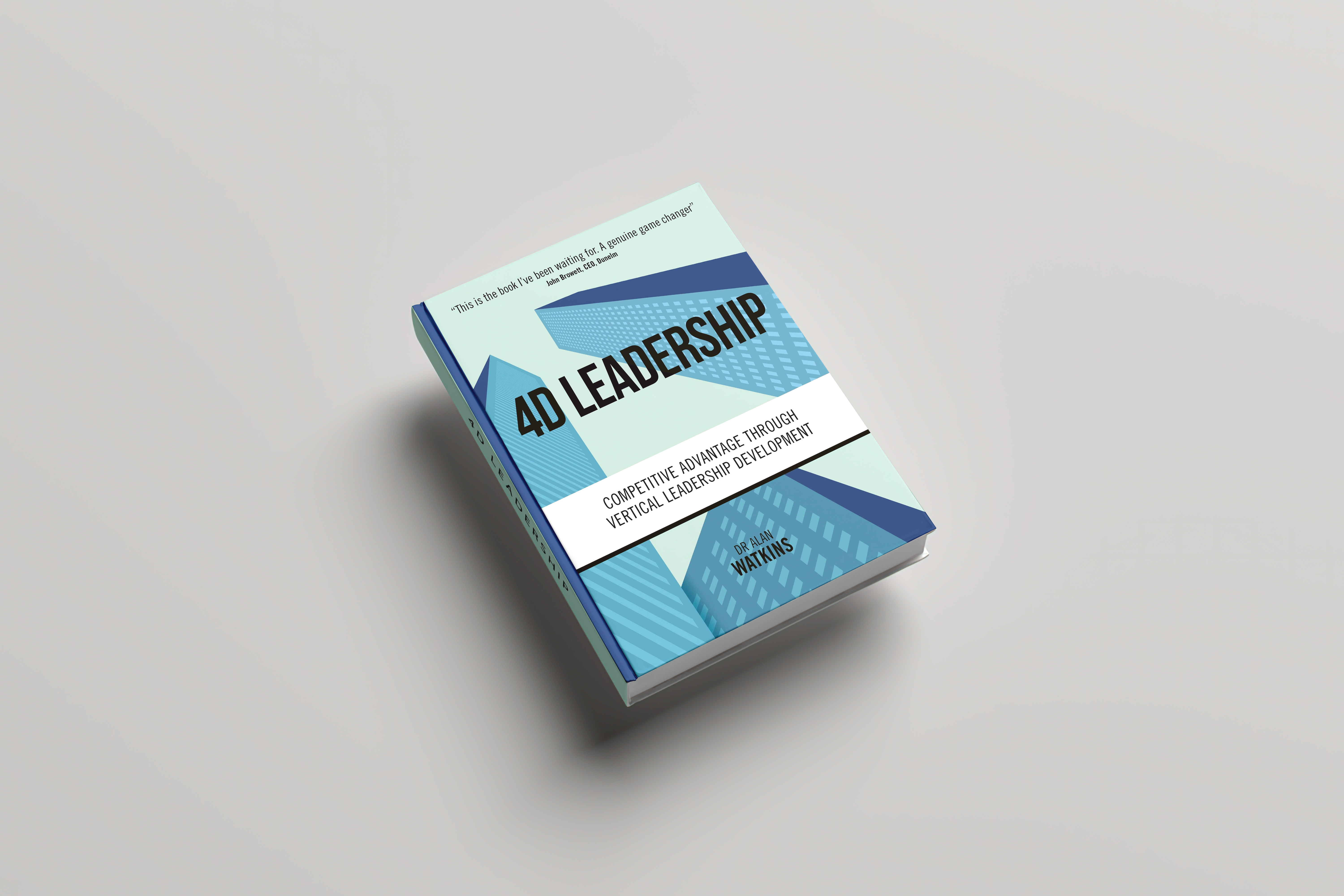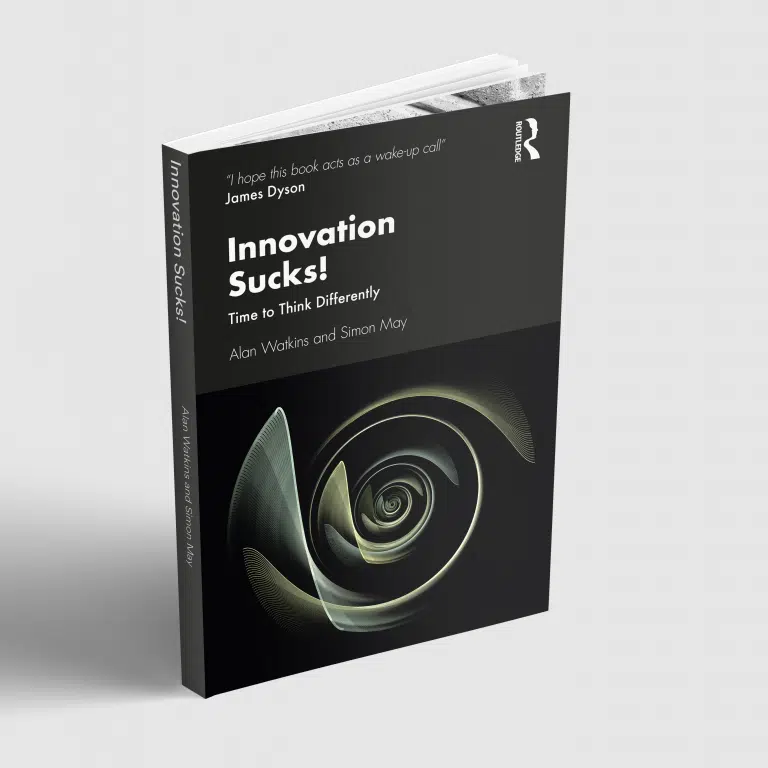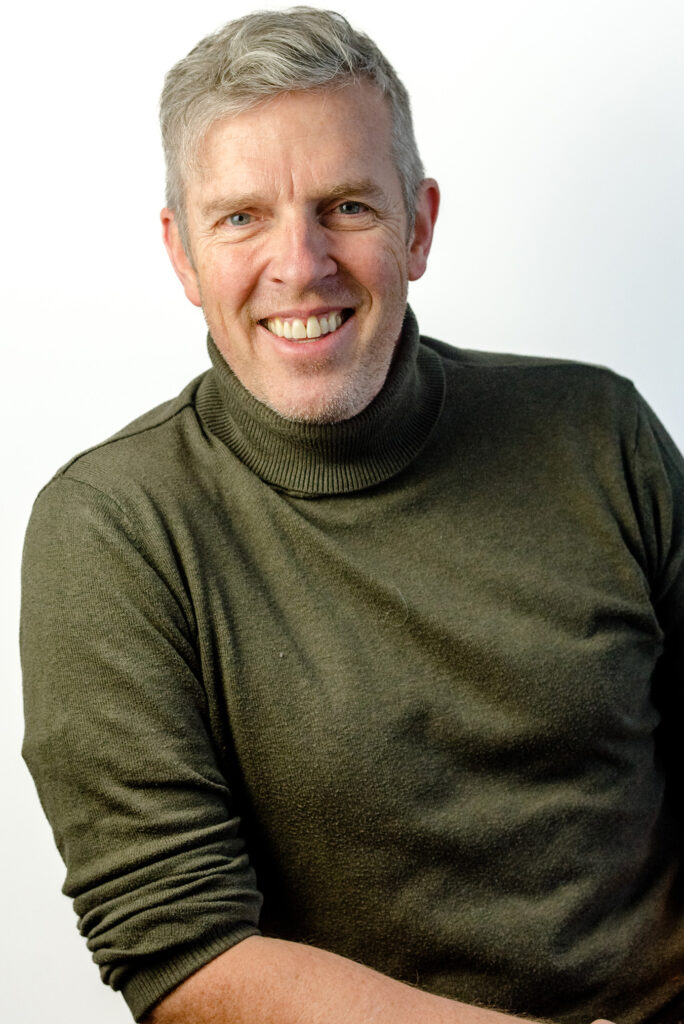Leon Trotsky once said, “war is the locomotive of history”. So has the “war on COVID” been that locomotive or has it just derailed or lives? Can we honestly say the pandemic provoked progress? If so, what’s changed? What have we learnt? How have we developed? And has the change been for better or for worse?
We asked leaders these questions. Here are the top eight changes many agreed have happened to them, to their relationships and in their world of work in 2021:
- Hybridisation – The world of work has changed, permanently. Most organisations have accepted that a hybrid working model is here to stay. People want the freedom to choose how much they work from home and the ‘office’. But they type of work they do in both settings has flipped. Much of the deep work that used to happen in the office is now done at home. And the social connectivity that used to happen outside the office now happens in the office. This flipped hybridisation way of working has necessitated a step change in the flexibility of employers, employees, managers and leaders.
- Decarbonisation – At the beginning of the pandemic, as many nations went into complete lockdown, we saw, maybe for the first time, a reduction in global carbon emissions. This proved what could be achieved if we suddenly changed the way we lived. This year COP-26 made explicit that Net Zero is a necessity and nations must bring forward their timelines to achieve this goal. Most people now accept that we must all break our addiction to fossil fuel. There’s also a widespread understanding that, to have any hope of surviving on the planet, we must go beyond Net Zero and actually decarbonise the atmosphere. We must reduce the ‘skyfill’ , not just stop making it worse. The importance of decarbonising the economy is one of the key factors driving a significant surge in ESG investment . The climate agenda is now all about science-based action, not pledges, promises or green-washed commitments .
- Mobilisation – The rapid development and industrial production of a vaccine demonstrated what humanity is capable of when we’re sufficiently motivated and incentivised. Most societies worked well in the crisis against a common enemy – COVID. Having produced and tested vaccines in an astonishingly quick time frame, we all pulled together again to set up and roll out mass vaccination programmes. It turns out we can mobilise when we have a singular ‘all for one’, focus. But we yet to grasp the ‘one for all’ side of the equation. We’ve failed to make sure the ‘one’ vaccine is globally distributed to ‘all’, i.e., Africa. Our failure to really understand what ‘one for all’ meant resulted in a new viral variant, Omicron, emerging and quickly infecting the unvaccinated. This then reinfected the rest of us with all the health, social and economic consequences. Hopefully, in 2022, we’ll finally appreciate that no amount of border force prevents viral immigration. We are in this together and we must act as one for all.
- Medicalisation – We’ve all become mask wearing mini-virologists. As a physician with a medical degree, a psychology degree and a PhD in immunology I never thought I’d hear a public debate about the quality of vaccination protocols, T helper cells or cell mediated immunity. We’ve become mini medics by necessity, and we are now all much more informed. Hopefully this will help us understand that human beings are in a permanent ecosystem with bacteria and viruses. We should not seek to eradicate all viruses, rather mange we need to understand them within the biosphere ecosystem that we live. It’s well known, for example, that 90% of all the cells in the human body are bacterial cells. We are only 10% human . If we look at DNA, we will see that 99% of all the DNA in the human body is bacterial DNA and much of that is viral. In fact viral DNA is a critical part of evolution and human beings would never have evolved without viruses.
- Realisation – While we’ve been more home-bound over the last two years, we’ve had more time to reflect on how we have been living our lives. This has resulted in an increasing number of people waking up to the realisation that humanity has created a whole range of ‘wicked issues’ . The global pandemic is just one of these. Climate change is another. Even when we emerge from this pandemic, we’ll have to face a rising tide of wicked problems to add to those we have had a close encounter with over the last two years. Why? Because when societies become more complicated human beings create more complex problems.
- Prioritisation – As more people have woken up, over the last two years, to the whole range of wicked issued we’ve created, there’s been a much greater readiness to ‘own up’ to the mess we’ve created. Without greater ownership we will all sit passively waiting for someone else to solve things, and nothing changes. The level of activism in society is increasing. The level of debate about what are our priorities now is also increasing. Is climate change what we all need to think about? Or is it still “the economy stupid”. Some have suggested that the two are intimately related and some have suggested that if we don’t address climate change in the next decade adequately there will devastating economic consequences, with the cost being estimated to be up to $60 trillion . Some have gone further to suggest that climate change will transform the global economy itself. Are these problems more of a risk to humanity than the pandemic? Or should we prioritise other wicked issues such as immigration, poverty, criminal justice, or diversity? What’s clear is that to have any hope of adequately resolving these issues we’re must ‘grow up’ and develop a much more sophisticated view – a more 4D view.
- Polarisation – As we’ve debated these issues our opinions have become much more polarised. This polarisation has often degraded into divisiveness. The extremes have been amplified. You’ve either been vaccinated or you’re an anti-vaxxer. You either believe in democracy or you believe the election was stolen. You either believe in the science or you’re a climate denier. Such binary thinking is a handicap to progress . Paradoxically as opinions have become more polarised over the last two years there has also been a surge in its opposite – collaboration.
- Collaboration – Perhaps the most encouraging change that has happened over the last two years is our increasing appetite for collaboration. There is a significantly greater acceptance that we’re in this together. As we reach a shared understanding of the problems we face, we come to recognise that it’s what we share that matters. A shared view can lead to effective action. Continual debate and division slow us down. And in an accelerating world that’s disastrous. If we want to solve the problems we’ve created, we need to move at speed and be able to not just adapt to the changes in the world but lead others through those changes. We need change competence.
If you want to develop better change competence, then read Step Change: The Leader’s Journey to discover more. It is designed to help leaders change themselves, their teams, and the performance of their entire organisation.





